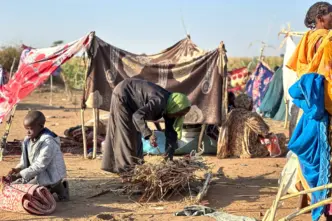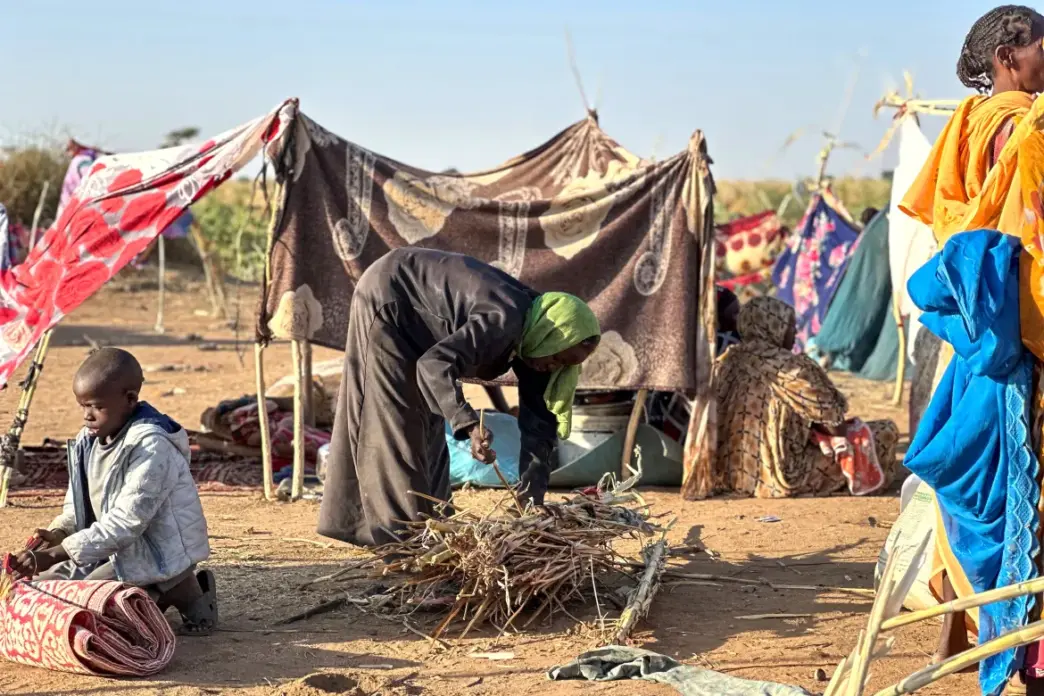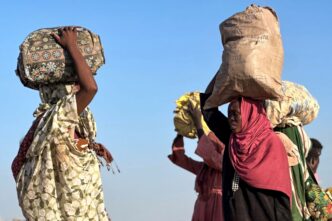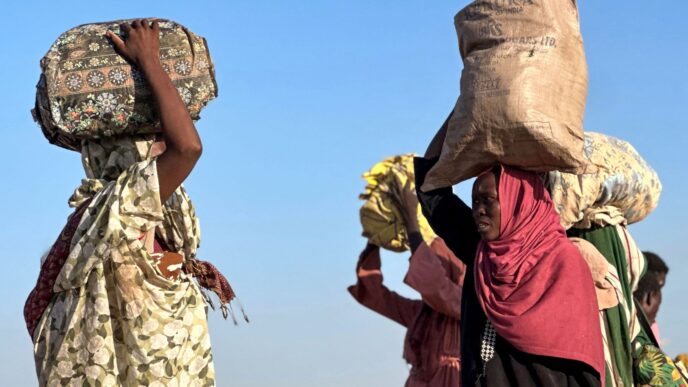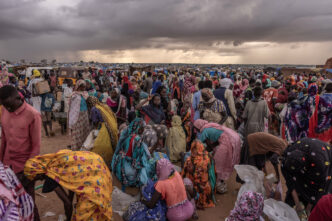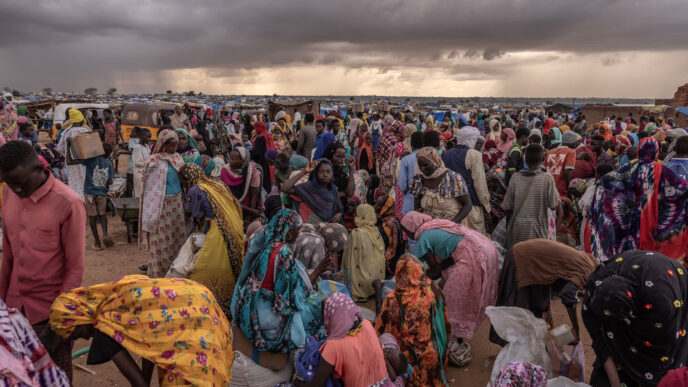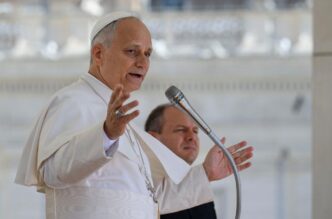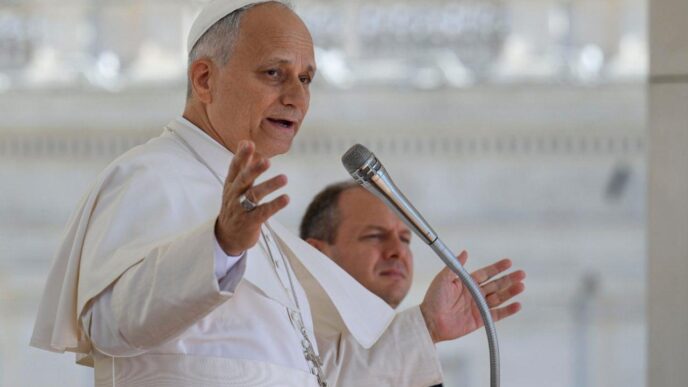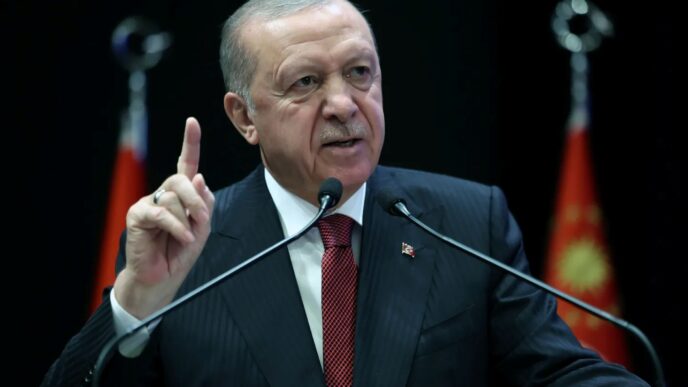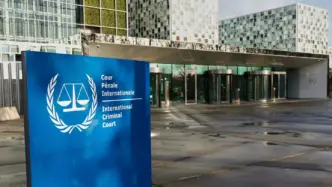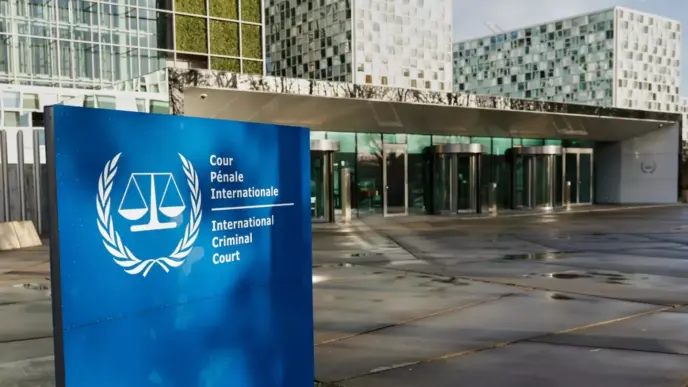The United Nations (UN) Security Council has strongly condemned the reported “atrocities” carried out by the Rapid Support Forces (RSF) following their capture of El-Fasher in western Sudan.
The city, which was the last stronghold of the Sudanese army in the vast Darfur region, fell after an 18-month siege, raising grave fears of a return to the ethnically motivated violence seen 20 years ago.
During an emergency meeting, Security Council members condemned the RSF’s assault and its “devastating impact on the civilian population,” recalling previous demands for the paramilitary group to lift the siege.
They specifically condemned reports of executions and arbitrary detentions and expressed profound concern over the heightened risk of large-scale, ethnically motivated atrocities.
UN humanitarian chief Tom Fletcher stated that El-Fasher has “descended into an even darker hell,” citing “credible reports” that women and girls are being raped and people are being mutilated and killed with “utter impunity.”
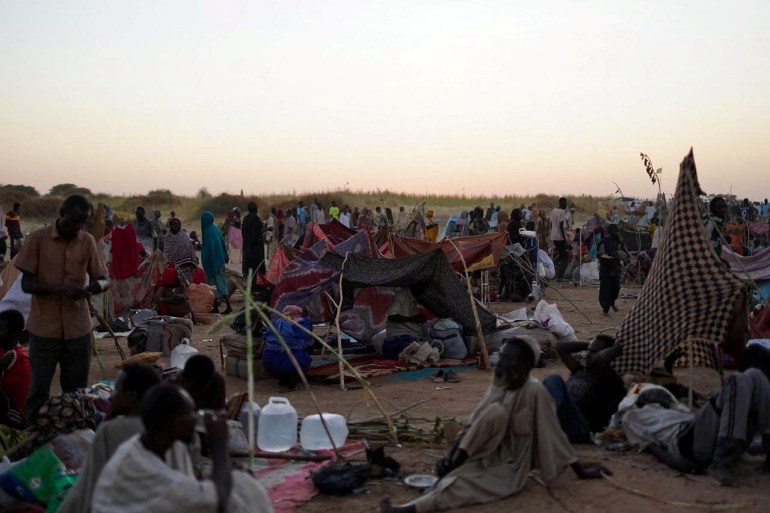
Aid groups near the city reported a dire situation.
Civilians who fled to Tawila are arriving in an “extremely bad shape,” having faced beatings, threats, and death during their difficult journey.
Reports of an “unspeakable atrocity” at the Saudi Maternity Hospital, where 460 people were reportedly killed, have further fuelled outrage.
While RSF head Mohammad Hamdan Daglo apologised for the “disaster” and promised an investigation, both he and the army chief, Abdel Fattah al-Burhan, signalled a continued commitment to war.
Human Rights Watch has urged the international community to impose sanctions on the RSF leadership.
The fall of El-Fasher gives the RSF control over all five state capitals in Darfur, increasing the risk that Sudan will be partitioned into distinct military-controlled regions.


 Trending
Trending 
